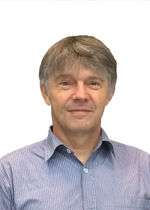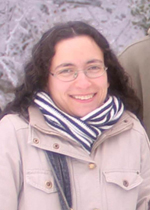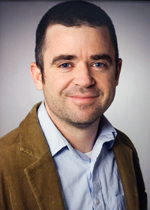Eric Chauvet
"Litter decomposition in streams: a 30-yr retrospective with a focus on B-EF relationships and grounds for future applications"

Dr. Chauvet has been head of two research units (80 permanent staff) attached to the French CNRS and the Université Paul Sabatier (Toulouse, France). Within EcoLab, E. Chauvet examines the diversity and function of benthic microbial communities. He has been working on the diversity of aquatic fungi, their role in leaf litter breakdown and organic matter dynamics in stream ecosystems for 30 years. He is especially interested in the evaluation of various anthropogenic impacts on the decomposition of leaf litter and related biodiversity issues. He has coordinated several national and international projects like the EU-funded RivFunction, aiming at assessing the functional stream integrity using leaf decomposition as a key process and the interplay between decomposers diversity and decomposition patterns and rates, and more recently the ANR-funded FunctionalStreams dedicated to the interacting impacts of global change drivers on headwater streams. He has led a project on the influence of forest management on litter breakdown and the diversity of macroinvertebrate and microbial decomposers in woodland streams. He was involved in the national project InBioProcess (Linking Biodiversity and ecological processes in the subsurface/surface water interfaces for sustainable groundwater management) and the EU/ESF-project BioCycle (Biodiversity and biogeochemical cycles: a search for mechanisms across ecosystems). He has published 106 papers in ISI-referenced journals in ecology and limnology and contributed to 7 book chapters; he has given >160 communications in national and international congresses and symposia. He has organized PLPF4 (4th international meeting on Plant Litter Processing in Freshwaters) in Toulouse in 2005.


